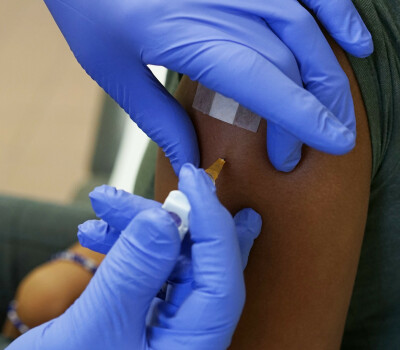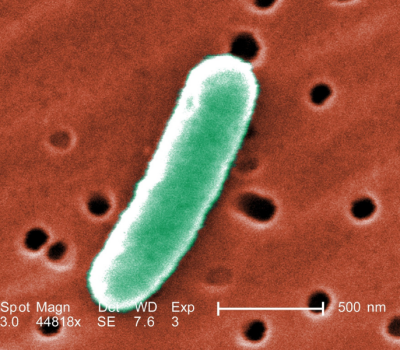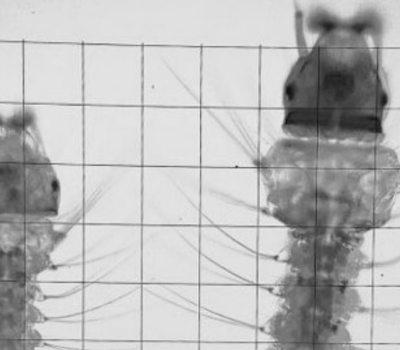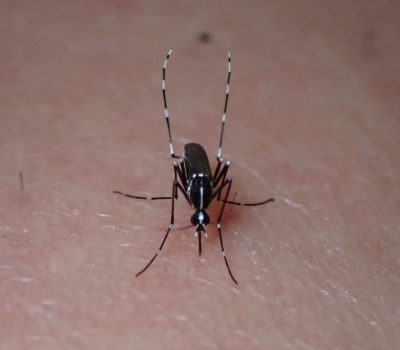ITM researchers prove anti-malarial drug to be also effective against another parasitic disease
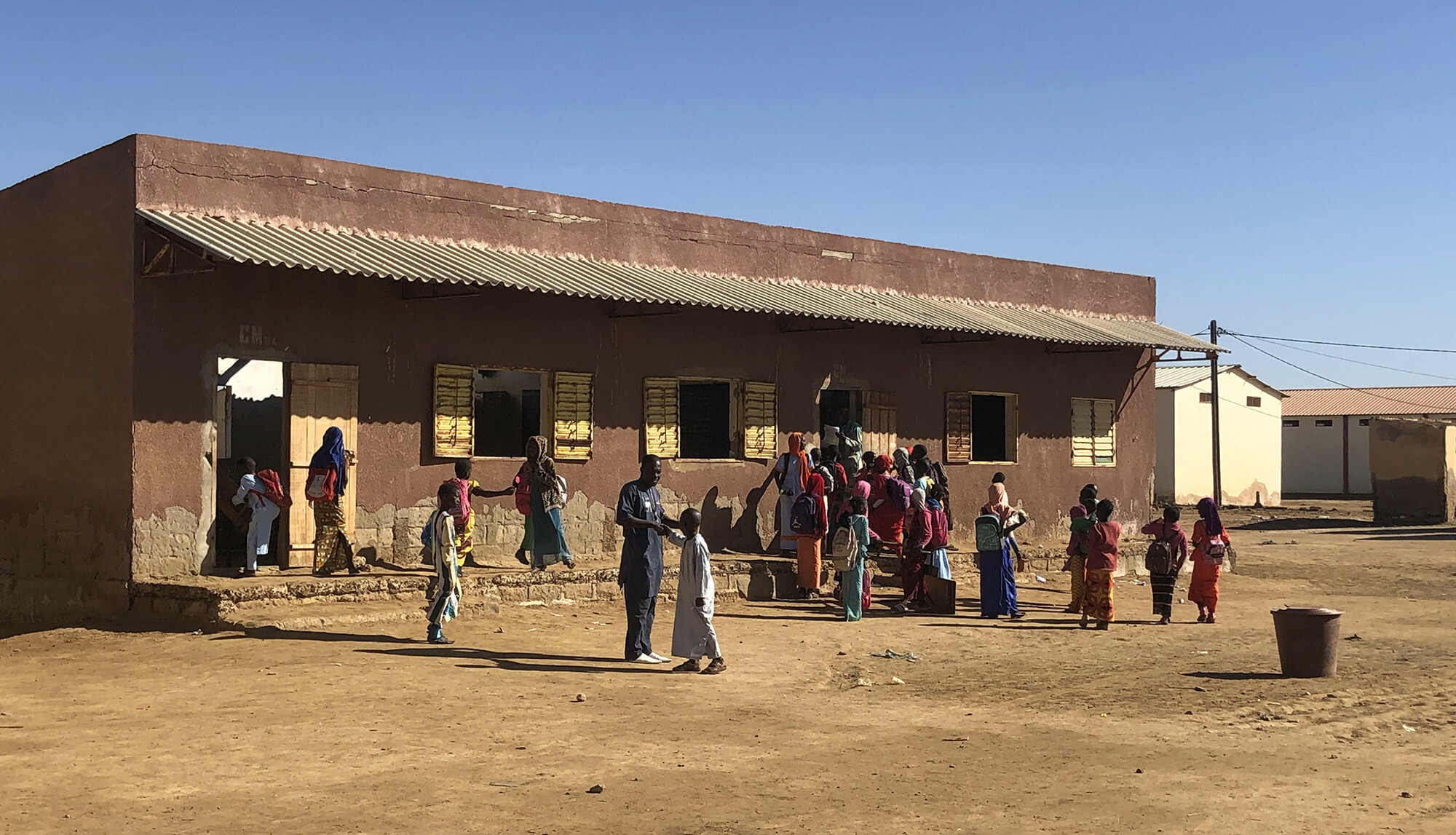
Schistosomiasis is a parasitic disease that affects over 200 million individuals around the world, predominantly in poor populations living in rural areas of sub-Saharan Africa. Its treatment relies on a single drug, but alternatives are needed to increase therapeutic efficacy and reduce the risk of drug resistance. Researchers from the Institute of Tropical Medicine discovered an effective treatment in the form of an antimalarial combination therapy. Their findings were published in Nature Medicine.
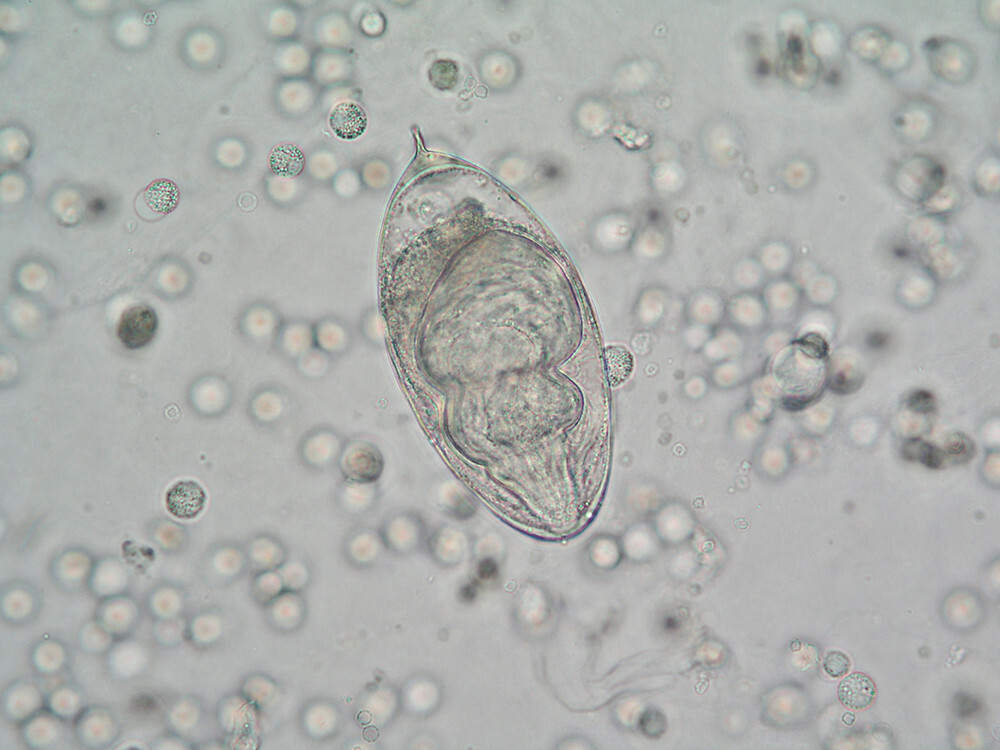
Schistosomiasis is a neglected tropical disease caused by a parasitic worm which is released from infected snails that live in fresh water. The disease is associated with severe organ damage of the liver, bladder or the intestines and it most commonly infects children. Until now, the treatment relied entirely on a single drug, praziquantel. However, its massive use both for treatment and control has made it vulnerable to resistance. To address this pressing need of alternative drugs, ITM researchers identified the combination artesunate-mefloquine, a common treatment for malaria, another parasitic disease, as a potential candidate against Schistosoma. To test its efficacy, they conducted a trial in primary schools across six villages in northern Senegal, where schistosomiasis is prevalent. The trial was carried out in collaboration with the Institute for Health Research, Epidemiological Surveillance and Training (IRESSEF), in Dakar, Senegal, a long-time partner of ITM.
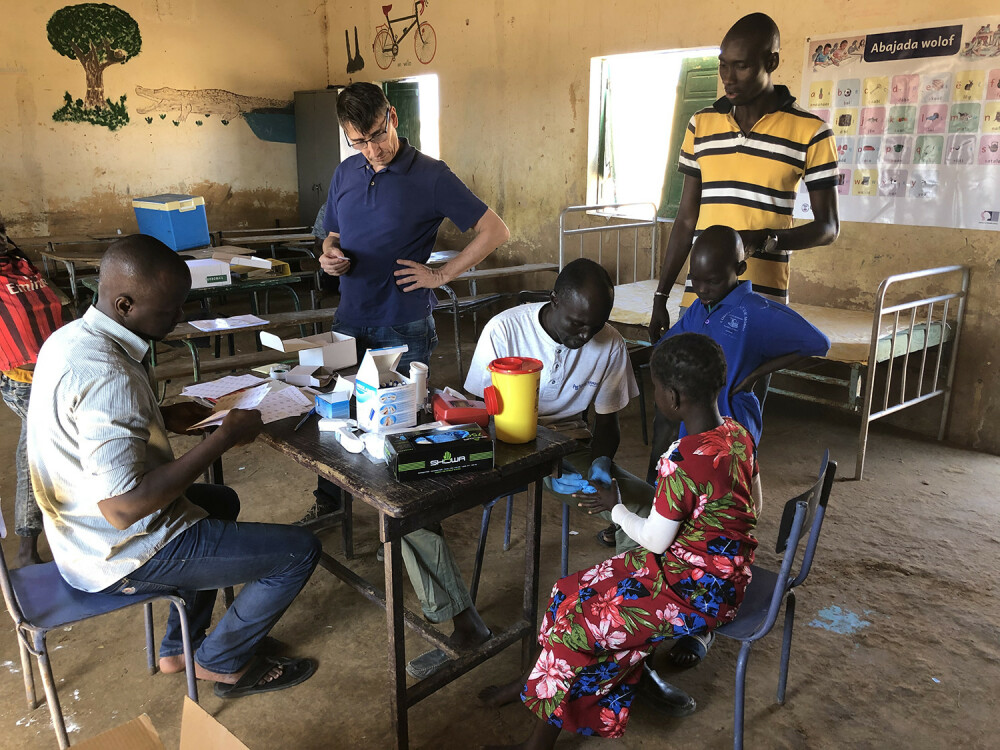
ITM’s tropical medicine expert Professor Emmanuel Bottieau reveals: “our results showed that the antimalarial combination was safe for treating schistosomiasis and it was as effective as praziquantel. This opens the perspective to use it as a second-line treatment for schistosomiasis or for malaria-schistosomiasis co-infections ( a frequent problem in many sub-Saharan African countries).”
Coordinator of the clinical trial in Senegal and co-first author of the paper, IRESSEF’s Dr Moustapha Mbow adds: “we followed up 718 children between the ages of 6 and 14. Most children in this area of Senegal are infected by this parasite over and over again from an early age, and worm load builds up in their system. Now we will have more options for treatment.”
There is also an additional advantage of the new treatment. Professor Katja Polman, ITM expert in schistosomiasis and last author of the paper adds: “artesunate-mefloquine also proves effective against juvenile stages of schistosome parasites, unlike the current drug praziquantel. This reduces the risk of reinfections.”
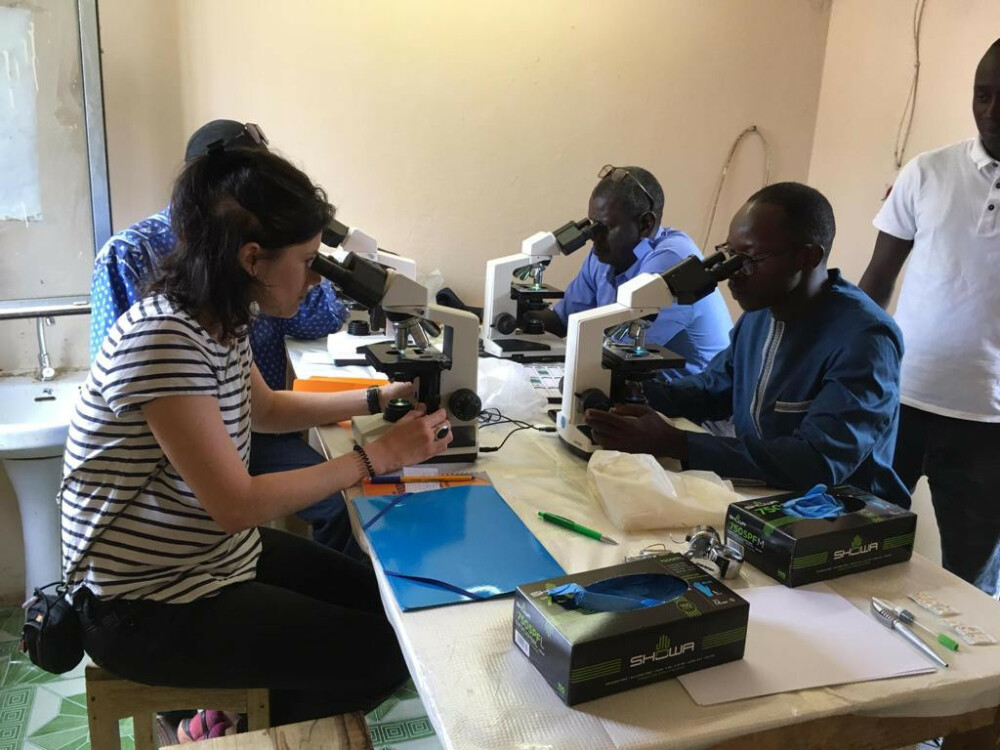
Travellers often suffer from schistosomiasis
With increased travel in the past decades, schistosomiasis is not only confined to (sub)tropical regions anymore: it remains one of the top 5 diseases why travellers visit the ITM travel clinic, post-travel. People become infected by bathing, playing or washing in fresh water, as larval forms of the parasite penetrate the skin during contact with infested water. In terms of impact, this disease is second only to malaria as the most devastating parasitic disease.
In the framework of the study, the researchers also evaluated innovative diagnostic tools for monitoring infection and morbidity after anti-schistosomal treatment. Additionally, they emphasise that further trials are warranted in different populations and in other countries. The project was funded by the Flemish Government’s Department of Economy, Science and Innovation (EWI).
Bottieau, E., Mbow, M., Brosius, I. et al. Antimalarial artesunate–mefloquine versus praziquantel in African children with schistosomiasis: an open-label, randomized controlled trial. Nat Med (2024). https://doi.org/10.1038/s41591-023-02719-4
Spread the word! Share this story on

